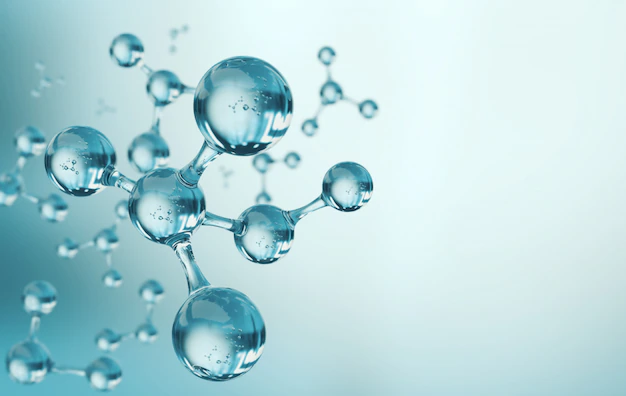Hormone Therapy for Treating Prostate Cancer

Hormone therapy, also known as androgen deprivation therapy, is a type of treatment used to slow down the growth of prostate cancer by decreasing the levels of male hormones called androgens in the body. Androgens, such as testosterone, promote the growth and spread of prostate cancer cells.
Hormone therapy can be used in different ways, including:
- Luteinizing hormone-releasing hormone (LHRH) agonists: These drugs work by stopping the production of testosterone by the testicles. Examples of LHRH agonists include leuprolide, goserelin, and triptorelin.
- Anti-androgens: These drugs block the action of androgens by binding to the androgen receptors on prostate cells. Examples of anti-androgens include bicalutamide, flutamide, and nilutamide.
- Androgen biosynthesis inhibitors: These drugs work by blocking the production of androgens from the adrenal glands. Examples of androgen biosynthesis inhibitors include abiraterone acetate and ketoconazole.
- Orchiectomy: This is a surgical procedure to remove the testicles, which are the main source of androgens in the body.
Hormone therapy is often used in combination with other treatments for prostate cancer, such as radiation therapy or surgery. It may also be used as the primary treatment for prostate cancer that has spread beyond the prostate gland.
Hormone therapy can cause side effects, including hot flashes, fatigue, loss of sex drive, and erectile dysfunction. Long-term use of hormone therapy may also increase the risk of osteoporosis, diabetes, and cardiovascular disease.
